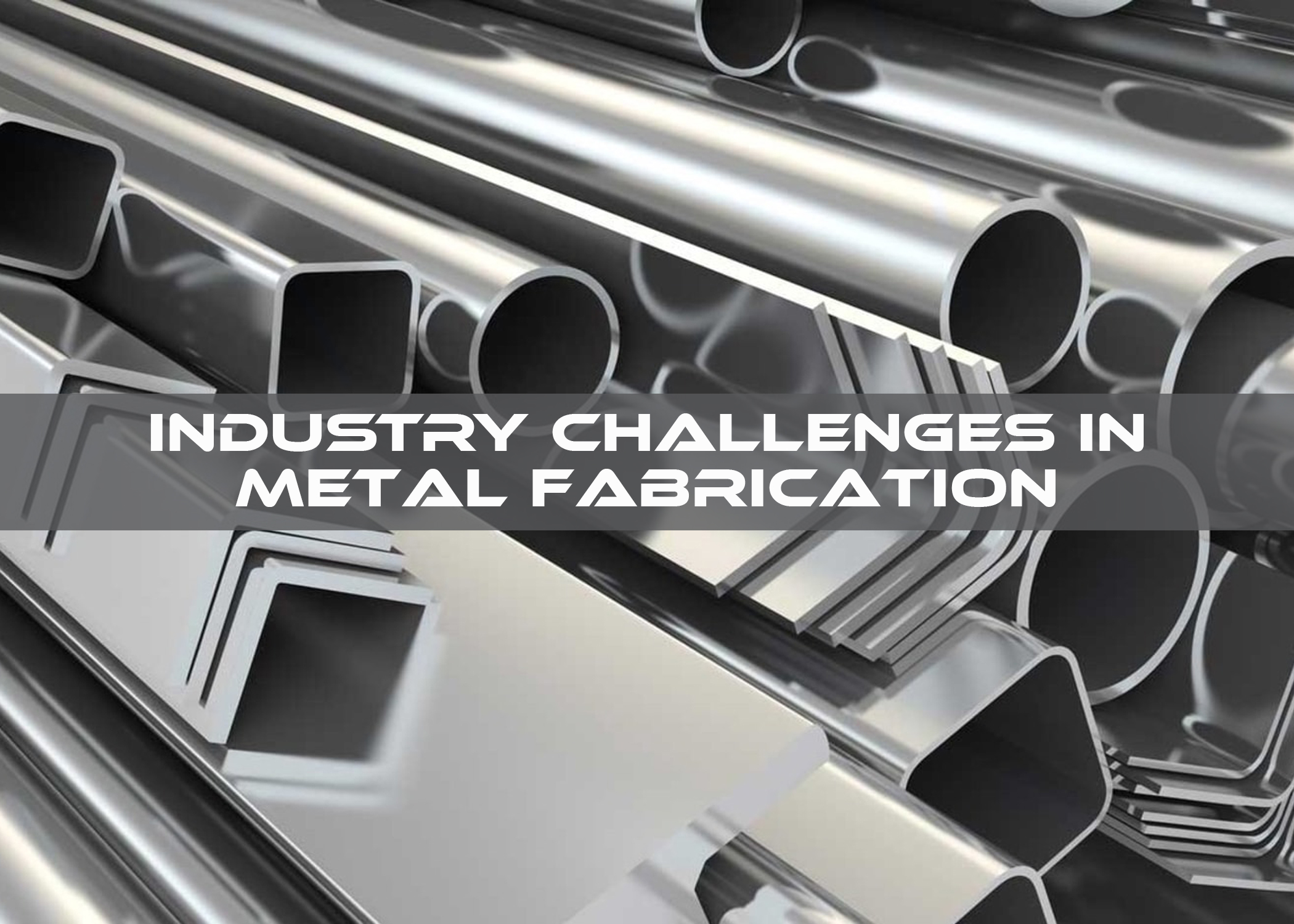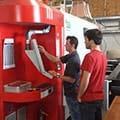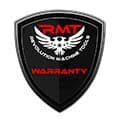Metal fabrication is a critical industry that serves numerous sectors, including construction, automotive, aerospace, and manufacturing. While it remains an essential part of modern infrastructure, the industry faces a variety of challenges that impact productivity, profitability, and sustainability. From rising material costs to technological advancements and workforce shortages, metal fabricators must continuously adapt to stay competitive.
Some of the most pressing challenges in metal fabrication today include the following:
Material Cost and Availability
One of the biggest challenges in metal fabrication is the fluctuating cost of raw materials. The prices of steel, aluminum, copper, and other metals have been highly volatile in recent years due to global supply chain disruptions, tariffs, and economic uncertainties. Many fabricators struggle to maintain stable pricing for their customers when material costs vary unpredictably. Delays in raw material shipments, transportation bottlenecks, and geopolitical factors, such as trade restrictions and conflicts, have all contributed to supply chain instability. This has led to extended lead times, production slowdowns, and increased costs for metal fabricators. To address these challenges, businesses are diversifying their supplier networks, increasing inventory levels, and investing in supply chain technology to enhance efficiency and resilience.
Skilled Labor Shortages
The shortage of skilled workers is another significant issue in the metal fabrication industry. As experienced fabricators retire, there is a growing gap in technical expertise. Many young professionals are not entering the field due to a lack of awareness or interest in manufacturing careers. Additionally, training new employees takes time and resources, creating a bottleneck for companies looking to scale operations. To overcome this challenge, the industry is investing in apprenticeship programs, partnerships with educational institutions, and workforce development initiatives to attract and retain skilled workers.
Increasing Automation and Technology Integration
While automation and advanced manufacturing technologies have revolutionized metal fabrication, they also present new challenges. Many small and mid-sized fabrication businesses struggle with the high costs of adopting automation solutions such as CNC machining, robotics, and AI-driven systems. Additionally, integrating new technology into existing workflows requires significant training and adaptation. Companies that fail to embrace digital transformation risk falling behind competitors who leverage automation for improved efficiency, precision, and cost savings.
Regulatory Compliance and Safety Standards
Metal fabrication companies must adhere to strict safety regulations and environmental standards. Compliance with Occupational Safety and Health Administration (OSHA) guidelines, emissions regulations, and waste disposal laws adds complexity to operations. Failure to meet these standards can result in fines, legal liabilities, and reputational damage. As regulations continue to evolve, businesses must stay informed and invest in compliance training, safety equipment, and eco-friendly practices to avoid potential setbacks.
Rising Energy Costs
Energy-intensive processes such as welding, cutting, and machining contribute to high operational costs in metal fabrication. The increasing cost of electricity and fuel poses a financial burden on manufacturers, particularly those operating large-scale facilities. To reduce energy expenses, companies are investing in energy-efficient equipment, optimizing production schedules, and exploring alternative energy sources such as solar or wind power. Sustainable energy practices not only lower costs but also align with environmental goals and corporate social responsibility initiatives.
Customer Demands for Customization and Fast Turnaround
Modern customers expect high levels of customization and rapid production times, posing challenges for metal fabricators. Meeting these demands requires flexible manufacturing processes, quick adaptability to design changes, and efficient production planning. Traditional fabrication methods may struggle to keep pace with custom orders, leading companies to invest in advanced software solutions, lean manufacturing techniques, and just-in-time production strategies to improve responsiveness and efficiency.
Competitive Market Pressures
The metal fabrication industry is highly competitive, with businesses vying for contracts and clients in a crowded marketplace. Companies must differentiate themselves through quality, innovation, and service excellence to stay ahead. This means investing in skilled labor, technology, and customer relationships while maintaining cost efficiency. Price wars can be detrimental, leading some businesses to operate on thin margins, making financial sustainability a challenge.
Environmental Sustainability Challenges
Sustainability is becoming an increasingly important concern in metal fabrication. Customers and regulators are pushing for environmentally friendly practices, including waste reduction, energy efficiency, and the use of recycled materials. Fabricators must balance environmental responsibility with profitability, requiring investment in green technologies, eco-friendly production methods, and sustainable sourcing strategies. Companies that prioritize sustainability gain a competitive edge by appealing to environmentally conscious clients and meeting regulatory requirements.
Cybersecurity Risks in Smart Manufacturing
As metal fabrication facilities adopt digital technologies and Industry 4.0 solutions, cybersecurity risks become a growing concern. Cyberattacks on industrial systems can result in data breaches, production downtime, and intellectual property theft. Many small and mid-sized manufacturers lack robust cybersecurity measures, making them vulnerable to cyber threats. Implementing cybersecurity protocols, employee training, and secure network infrastructures are essential steps to safeguard operations against digital threats.
Staying Ahead of the Curve.
The metal fabrication industry faces a diverse set of challenges that require strategic planning, investment, and adaptability. By embracing the best thinking available in the modern marketplace, fabricators can navigate these challenges and position themselves for long-term success. Staying proactive and innovative will be key to thriving in an increasingly complex and competitive industry landscape.







